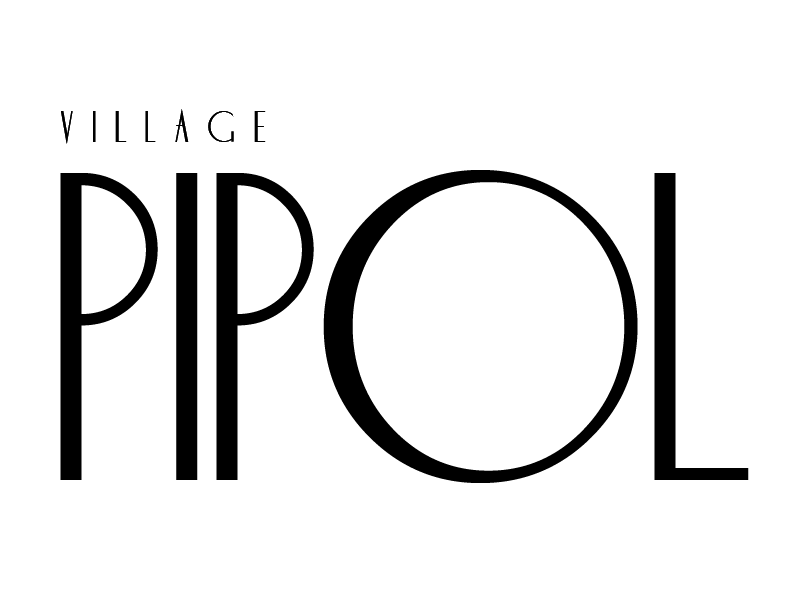The importance of educating people to identify fake news in social media

For several years, the topic of “fake news” has dominated social media platforms. How can we identify a term that has come to mean so many different things to so many different people?
The importance of educating people to identify fake news in social media
We define “fake news” broadly to encompass inaccurate news stories that lack verifiable information, sources, or quotes. Authors may occasionally include propaganda in these tales with the intention to mislead the reader, or they may create them as “clickbait” to generate financial benefit, as the author earns money based on the number of clicks the story receives.
“Fake News” has been spreading in the Philippines on various social media platforms such as Facebook, Twitter, Instagram, Tiktok, and Google.
Filipinos are enthusiastic users of social media, contributing to the creation and distribution of material. Thus, citizens of the Philippines require critical thinking abilities and the capacity to verify information sources. It is crucial for the Philippines to educate its citizens on digital literacy in order to counteract disinformation in the digital age, where individuals constantly encounter a barrage of data and information.
It is critical to educate people on how to recognize fraudulent information so that everyone in the Philippines understands that they should not believe anything they read online. Fact-checking must be used to prevent the spread of erroneous information. It is now more crucial than ever to ensure that students acquire the critical thinking skills required to judge the reliability of sources and create views about the information they are provided. The consequences of failing to teach these skills to children are far too serious to be ignored.
For a variety of reasons, it is critical to teach people how to identify fake news on social media. It first helps to protect the integrity of the information by helping individuals to distinguish between accurate and false information. This ensures that people can rely on credible information and make informed decisions. It prevents the spread of erroneous information, which can have severe societal consequences such as confusion and damage. Giving people the knowledge they need to recognize false news can help to reduce the spread of inaccurate information.
Informing people about fake news may encourage critical thinking.
It encourages people to investigate sources, weigh arguments, and question the information they come across. People that use a critical attitude become less manipulable and more capable of making sound decisions. Fourth, educating individuals to recognize fake news safeguards democratic processes by ensuring that citizens have access to accurate and trustworthy information in order to make educated decisions and participate in public dialogue.
Educating people about fake news helps both individual and societal security
False information about social issues or inaccurate health facts may have negative consequences. Individuals may protect themselves and their communities from potential harm by teaching them how to identify bogus news. The primary objective of educational activities should be the development of media literacy skills such as judging source credibility, fact-checking, recognizing bias and disinformation methods, and supporting responsible social media usage.
It is crucial to teach individuals how to spot fake news on social media in order to protect democratic processes, information integrity, prevent misinformation, foster critical thinking, and promote personal and community well-being. By giving people the right tools, we can lessen the harm caused by false information and promote an educated and resilient society.
Jomari is a Communication Research student. He loves to write different stories and his thoughts in his notebook. If I am not writing, you can see me watching documentaries and TV shows on Netflix. I can also write articles like exploring the world and a topic related to my interest. I also love playing sports like Volleyball and Badminton.






